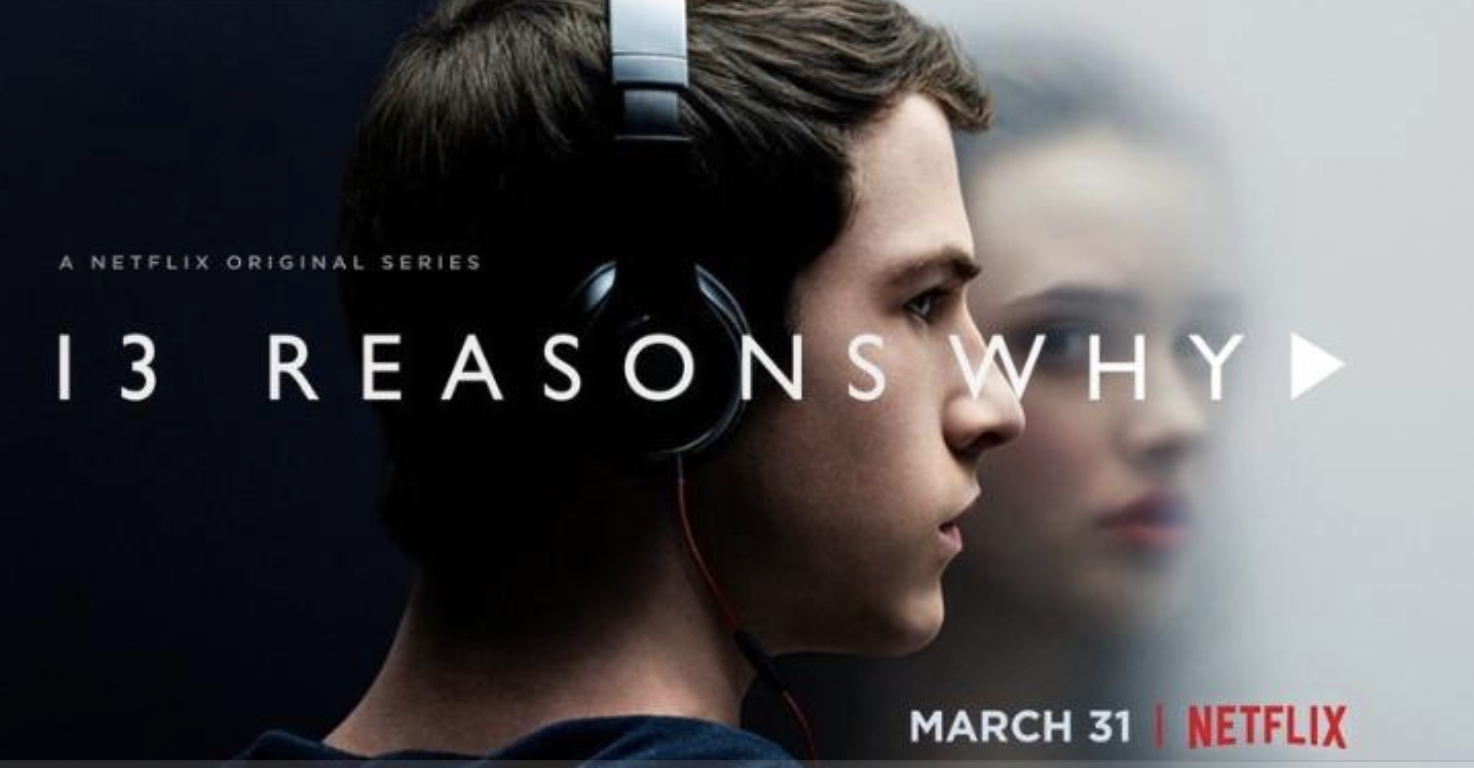[et_pb_section fb_built=”1″ fullwidth=”on” _builder_version=”3.0.85″ custom_padding=”0px|0px|0px|0px”][/et_pb_section][et_pb_section fb_built=”1″ make_fullwidth=”on” specialty=”on” padding_top_1=”-25px” padding_top_2=”-25px” padding_left_1=”50px” padding_left_2=”50px” module_class=”ds-fullwidth-specialty” _builder_version=”3.16″ custom_padding=”15px|50px|19px|0px|false|false”][et_pb_column type=”2_3″ specialty_columns=”2″ _builder_version=”3.0.47″ padding_left__hover=”50px” padding_top__hover=”-25px” parallax__hover=”off” parallax_method__hover=”on” padding_left=”50px” padding_top=”-25px” parallax=”off” parallax_method=”on”][et_pb_row_inner admin_label=”Row” _builder_version=”3.0.85″][et_pb_column_inner type=”4_4″ saved_specialty_column_type=”2_3″ _builder_version=”3.0.47″ parallax__hover=”off” parallax_method__hover=”on” parallax=”off” parallax_method=”on”][et_pb_divider color=”#0083b6″ divider_weight=”5″ _builder_version=”3.2″]
[/et_pb_divider][et_pb_post_title author=”off” comments=”off” featured_image=”off” _builder_version=”3.0.86″ title_font=”|700||on|||||” title_text_align=”center” title_font_size=”42px” meta_text_align=”center” meta_font_size=”18″ text_orientation=”center” custom_margin=”-10px|||” custom_padding=”|||”][/et_pb_post_title][et_pb_divider color=”#0083b6″ divider_weight=”5″ _builder_version=”3.2″]
[/et_pb_divider][/et_pb_column_inner][/et_pb_row_inner][et_pb_row_inner admin_label=”Row” _builder_version=”3.0.47″][et_pb_column_inner type=”1_2″ saved_specialty_column_type=”2_3″ _builder_version=”3.0.47″ parallax__hover=”off” parallax_method__hover=”on” parallax=”off” parallax_method=”on”][et_pb_text _builder_version=”3.0.86″]
B ack in 2017, Netflix’s “13 Reasons Why” was so controversial that schools sent out emails about it, warning families that the show might not be appropriate for teens. Two years later, Netflix released the third season and announced the show’s renewal for a fourth. I think that the fact the show has not received much press attention after such a vehement backlash in 2017 is not only strange, but also potentially dangerous.
Reason #1: The premise is highly problematic. Committing suicide as a sort of revenge act is not only a dangerous setup, but it is also portrayed as a moral high ground. It might be an attempt at reaching out to people struggling with their mental health, but in many ways, it glorifies or encourages suicide for at-risk populations.
Reason #2: The protagonist is boring. Clay Jensen is about as compelling as the rock he throws through his classmate Tyler’s window. He has no real character traits except avenging Hannah Baker’s suicide. He’s not interesting and by the end of the second season, he’s downright unhinged.
Reason #3: Clay’s love interest is an offbeat attempt at a manic pixie dream girl crossed with the girl next door. She’s two tropes in one character and then she dies to motivate Clay. She would be compelling and sympathetic if she really strived toward the improvement of her mental health, but she lacks narrative agency and trivializes mental illness.
Reason #4: The portrayal of teenagers is tone-deaf. The show’s depiction of youth isn’t silly enough to be “Riverdale”-level but is far from accurate or compassionate. I want to see young people like Ruby Martinez or Veronica Mars; I want to see young people who are admirable and awkward and flawed all at the same time. I don’t want to see young people like these.
Reason #5: The portrayal of seeking help for mental illness is (quite literally) depressing. This isn’t just at the beginning; this is all the way through. The show isn’t fresh in the points it makes. People struggle with mental illness, especially teenagers. While the show may intend to have good points—that help is out there and hope is worthwhile—it rarely lingers long enough to really make those points.
Reason #6: The parents are almost uniformly inaccurate. We get it, all TV teenagers hate their parents. TV parents are dramatized for the sake of plot and teen angst. But in a show that wants to be sensitive and nuanced about mental health, I’d expect a little more than flat caricatures of bad parenting.
[/et_pb_text][/et_pb_column_inner][et_pb_column_inner type=”1_2″ saved_specialty_column_type=”2_3″ _builder_version=”3.0.47″ parallax__hover=”off” parallax_method__hover=”on” parallax=”off” parallax_method=”on”][et_pb_text _builder_version=”3.16″]
Reason #7: The mental health professionals give therapists a bad reputation and don’t encourage young people to seek help at all. Quick background: the U.S. has a severe shortage of mental health professionals, many of them overworked and underpaid. Therapists can be wrong—they are people, too—but I have yet to see an accurate or competent one anywhere on this show. The message of this is like telling people not to go to doctors just because the doctor might be wrong.
Reason #8: The plot tropes exacerbate the rest of the show’s problems. You want a show about mistaken identity? Amnesia? A trial that lasts forever (truly, “13 Reasons Why” is Kafkaesque only in that it’s confusing to the point of giving up)? Has death threats for teenagers? The melodramatic plot makes it seem as if the real things the show is trying to discuss are distant, impossible, and made up.
Reason #9: The supporting cast is stale and worrisome. What do a wise, more interesting best friend, a perfectionist popular girl, a rich kid-slash-sex offender, a bullied photographer, and a misguided but kindhearted other bestie have in common? They’re all done better in the original “Veronica Mars.”
Reason #10: This show really tried to make money off school shootings, huh? At the end of Season 2, a character plans a shooting before he is talked down by Clay (who questionably does not turn him over to the authorities). I know that this is meant to be a relevant commentary on today’s political climate, but it comes across as the show trying to bolster the protagonist’s heroism or check off a box of political consciousness, rather than take a serious look at gun control.
Reason #11: The portrayal of various kinds of relationships is disturbing. Relationships—no matter what kind—can be messy. That doesn’t mean they’re inherently harmful or deceitful. In “13 Reasons Why,” reconciliation is rarely ever possible; the characters are cruel and lie to each other regularly; friendships remain when they shouldn’t and break when it’s implausible.
Reason #12: The character development is nonexistent or purely depressing. I want to see a show where characters get better, even if they make mistakes along the way. If they get worse, I want there to be a really, really good reason.
Reason #13: The overall message is confusing and harmful. The conclusion the show constantly comes to is that Hannah did what was right (or at least that she didn’t do anything wrong), that the characters are allowed to be terrible to each other because they are sad, and that adults can’t be trusted. This isn’t just bad; it’s dangerous.
[/et_pb_text][/et_pb_column_inner][/et_pb_row_inner][et_pb_row_inner _builder_version=”3.16″][et_pb_column_inner type=”4_4″ saved_specialty_column_type=”2_3″ parallax=”off” parallax__hover=”off” parallax_method=”on” parallax_method__hover=”on”][et_pb_video src=”https://www.youtube.com/watch?v=QkT-HIMSrRk” _builder_version=”3.16″][/et_pb_video][/et_pb_column_inner][/et_pb_row_inner][/et_pb_column][et_pb_column type=”1_3″ _builder_version=”3.0.47″ padding_left__hover=”50px” padding_top__hover=”-25px” parallax__hover=”off” parallax_method__hover=”on” padding_left=”50px” padding_top=”-25px” parallax=”off” parallax_method=”on”][et_pb_team_member name=”Written by Elizabeth B-P” position=”Web Editor” image_url=”http://www.thenuevacurrent.com/wp-content/uploads/2019/02/IMG_0656-1.jpeg” _builder_version=”3.16″ header_font=”|700|||||||” custom_margin=”||50px|”][/et_pb_team_member][et_pb_sidebar area=”sidebar-main” _builder_version=”3.0.85″][/et_pb_sidebar][/et_pb_column][/et_pb_section]

